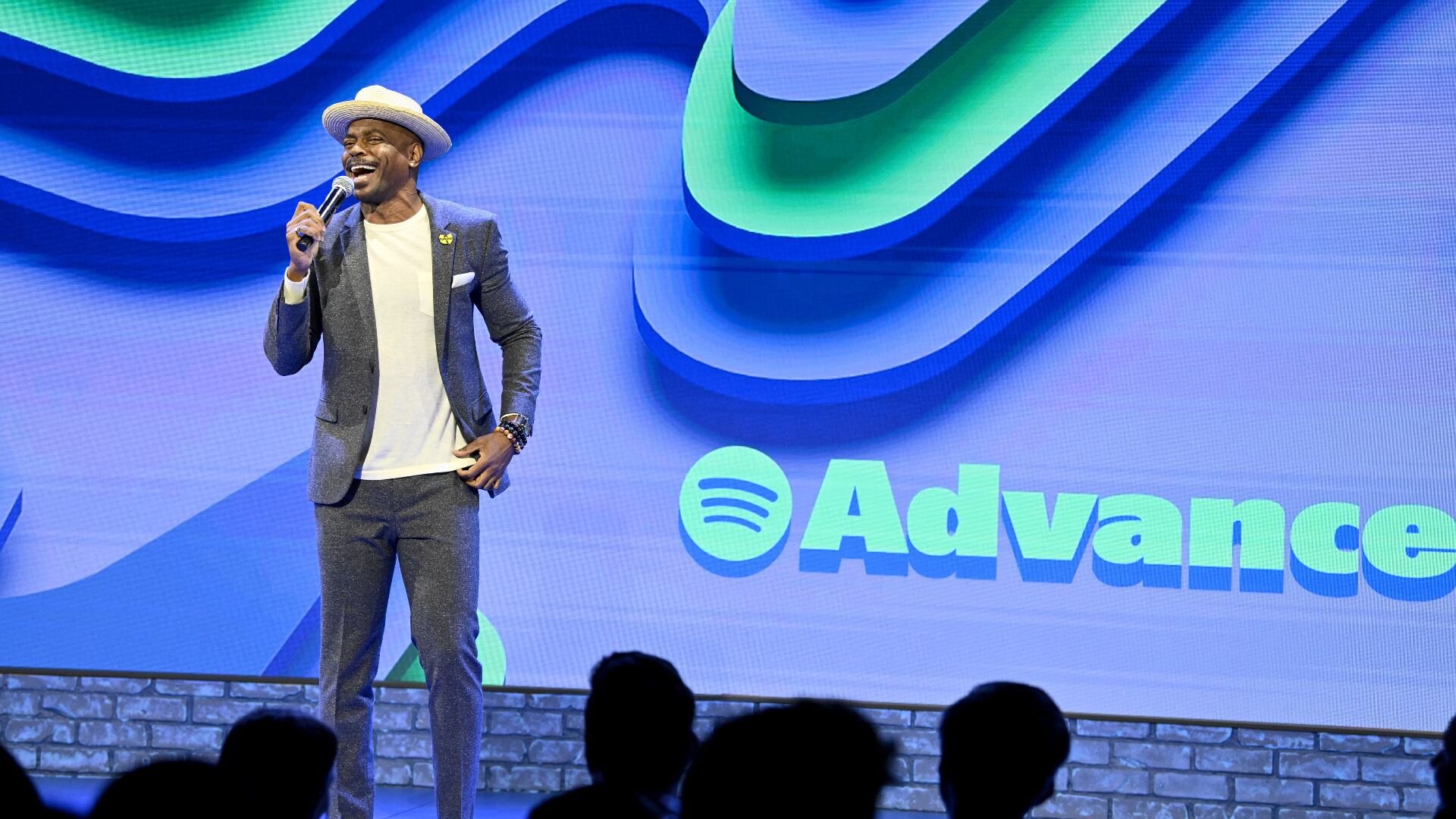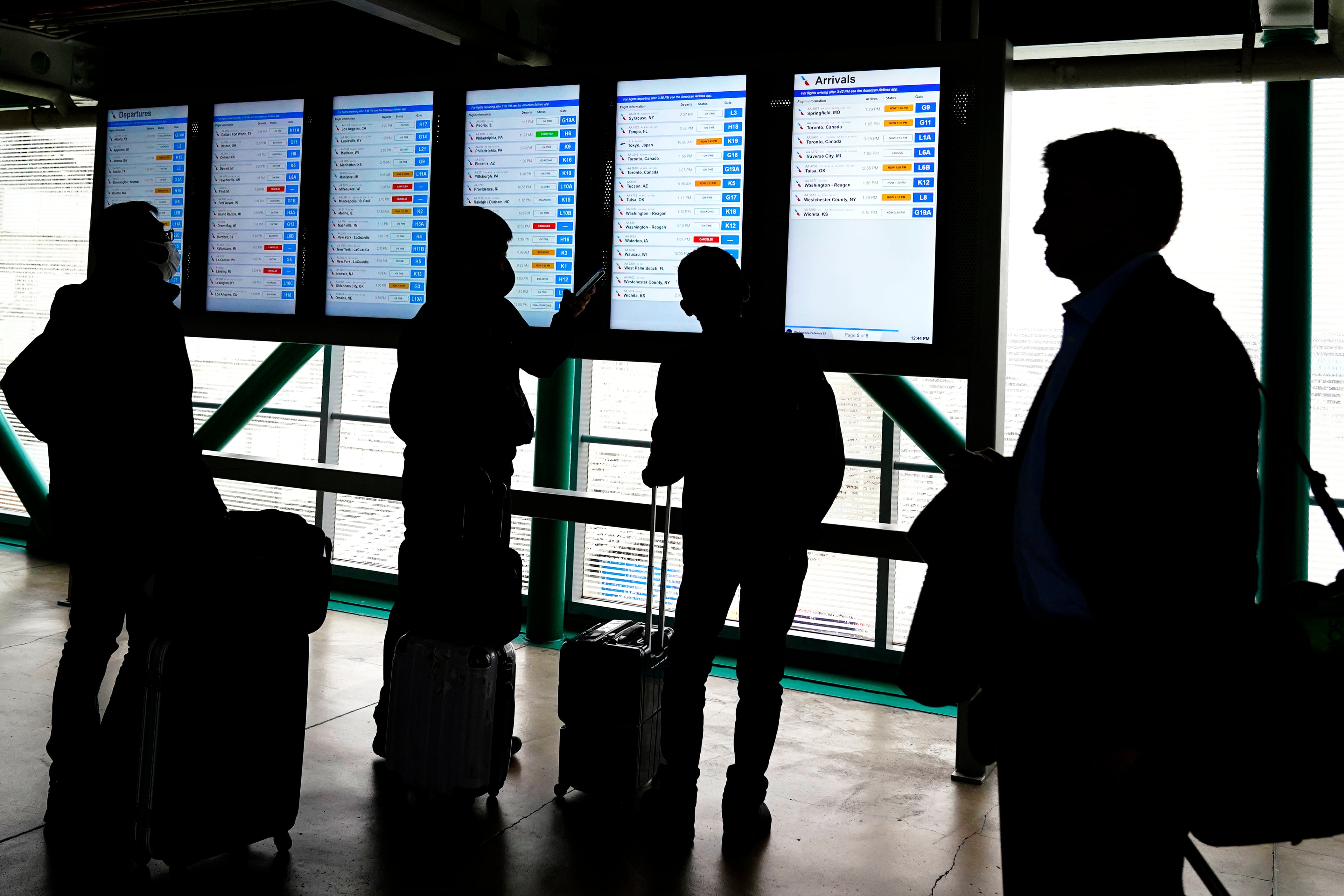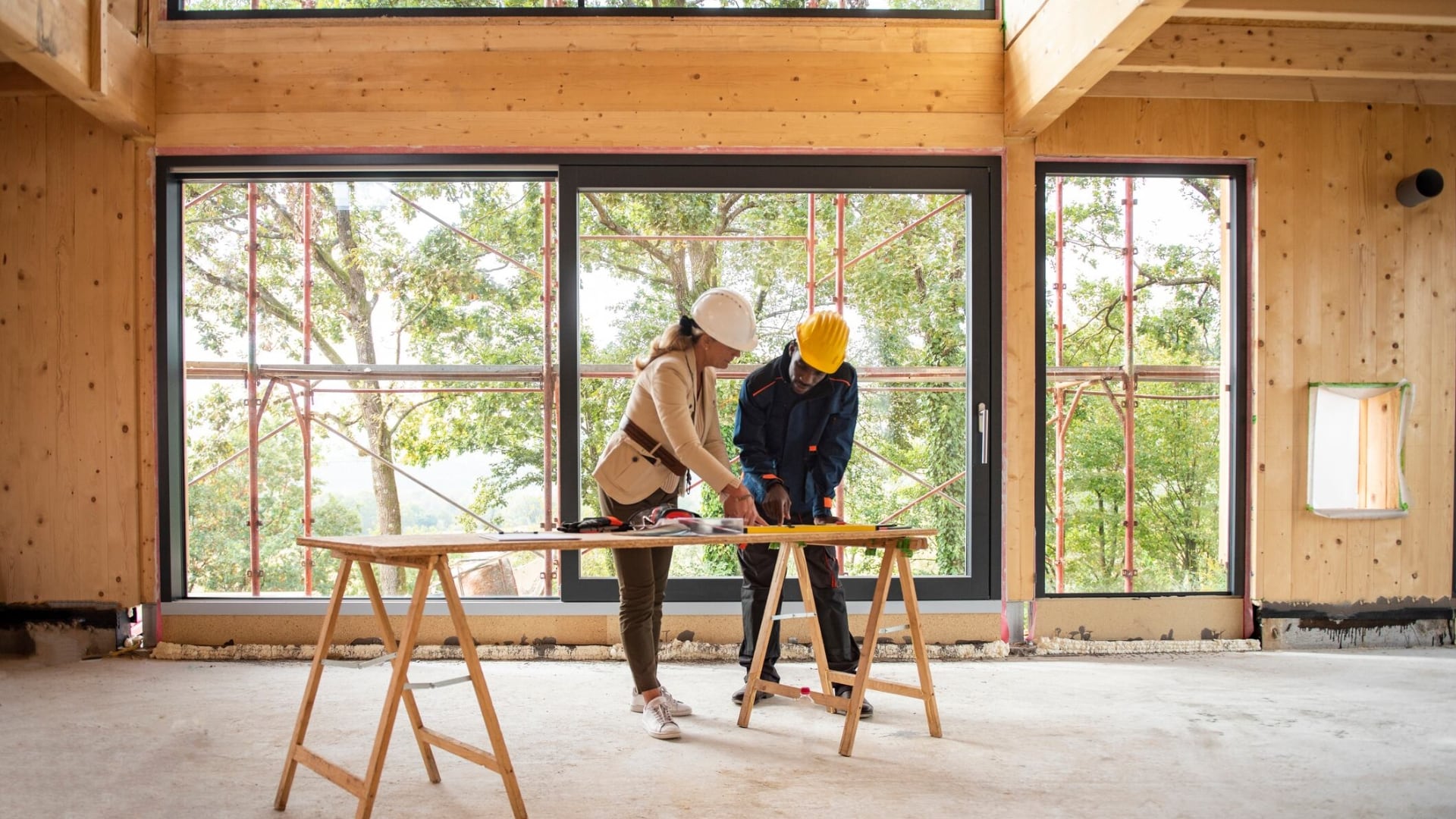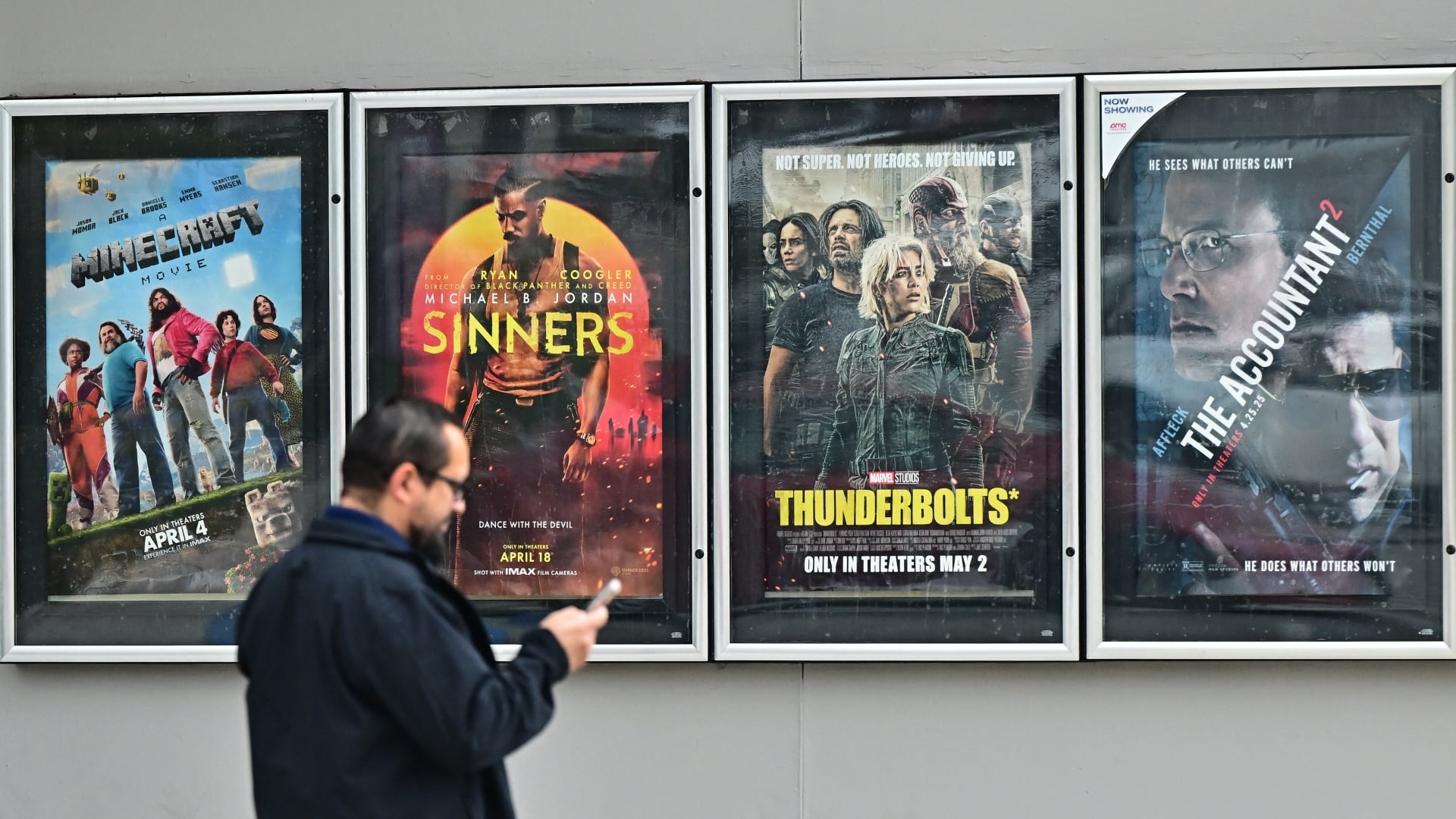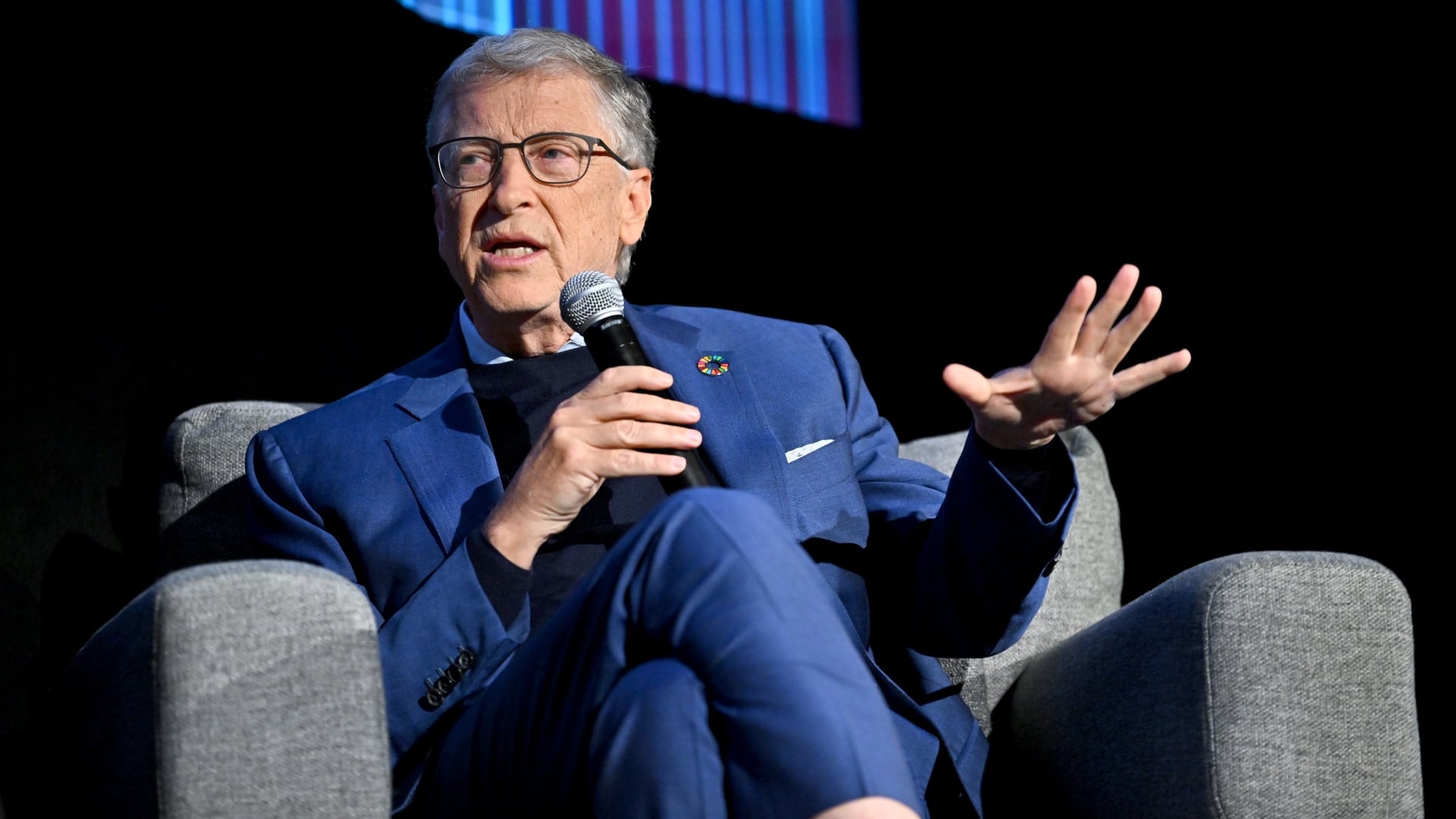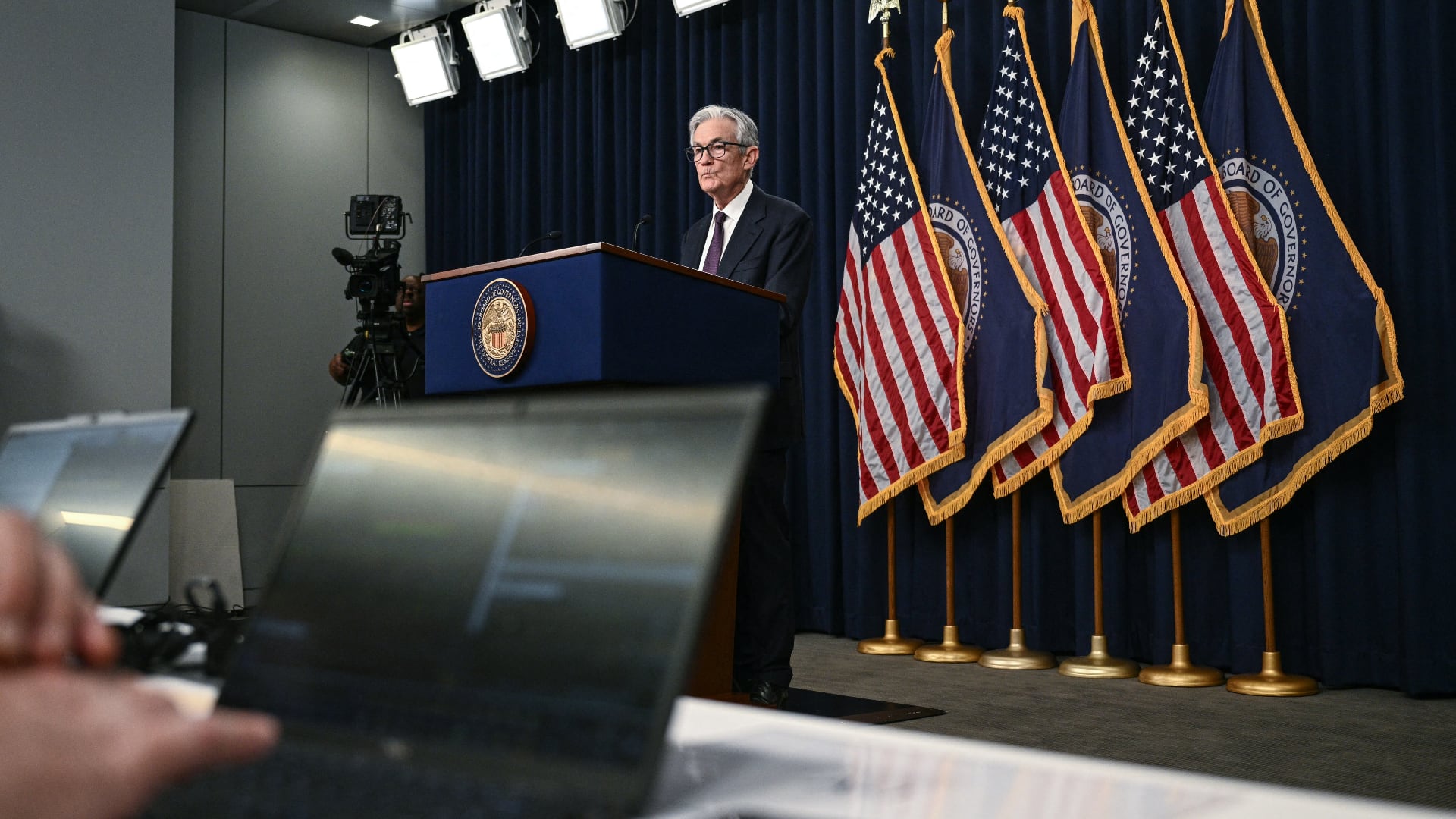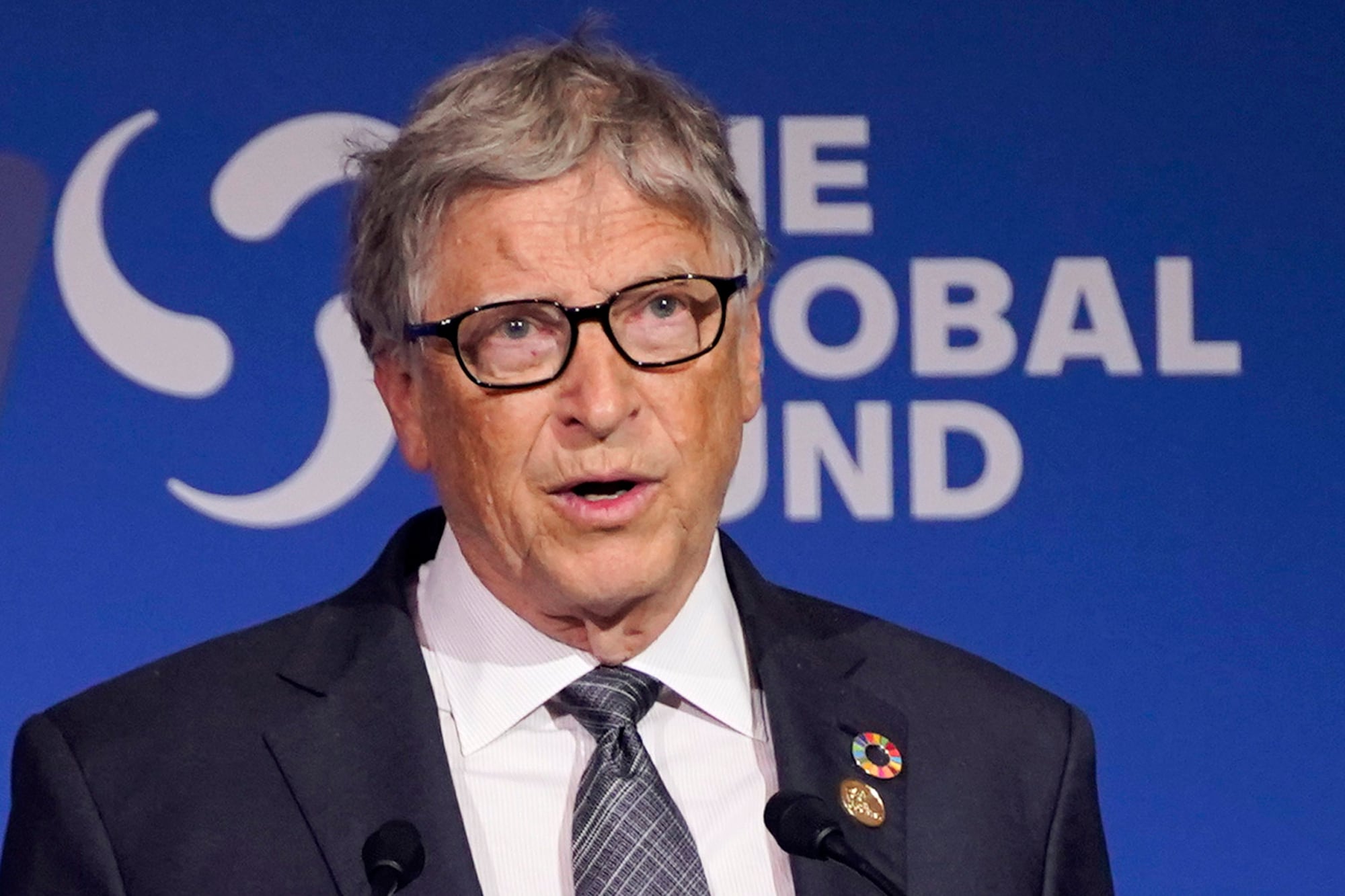*By Carlo Versano* Federal regulators have subpoenaed Snap as part of a probe into its 2017 initial public offering, the company confirmed in a statement to Cheddar. Reuters first [reported](https://www.reuters.com/article/us-snap-sec-exclusive/exclusive-snap-reveals-us-subpoenas-on-ipo-disclosures-idUSKCN1NJ04O) the subpoenas late Tuesday. The subpoenas, filed by the Justice Dept. in coordination with the SEC, are believed to be related to a class action lawsuit filed by a group of investors in May 2017 that alleged the company misrepresented how competition from Facebook's Instagram ($FB) was affecting its growth ahead of the $3.4 billion IPO, and misled the public about its user metrics. In the statement, Snap said: “While we do not have complete visibility into these investigations, our understanding is that the DOJ is likely focused on IPO disclosures relating to competition from Instagram." The social-messaging app has suffered from the competition with Instagram, which launched a near-identical feature to Snapchat's core service in 2016 and now [boasts](https://money.cnn.com/2018/06/28/technology/instagram-stories-users/index.html) double the users. The company has also seen some of its top talent leave, including [most recently](https://www.cheddar.com/videos/snap-vp-content-nick-bell-to-leave) the head of content, Nick Bell. Snap stock is trading at less than half its IPO price.
